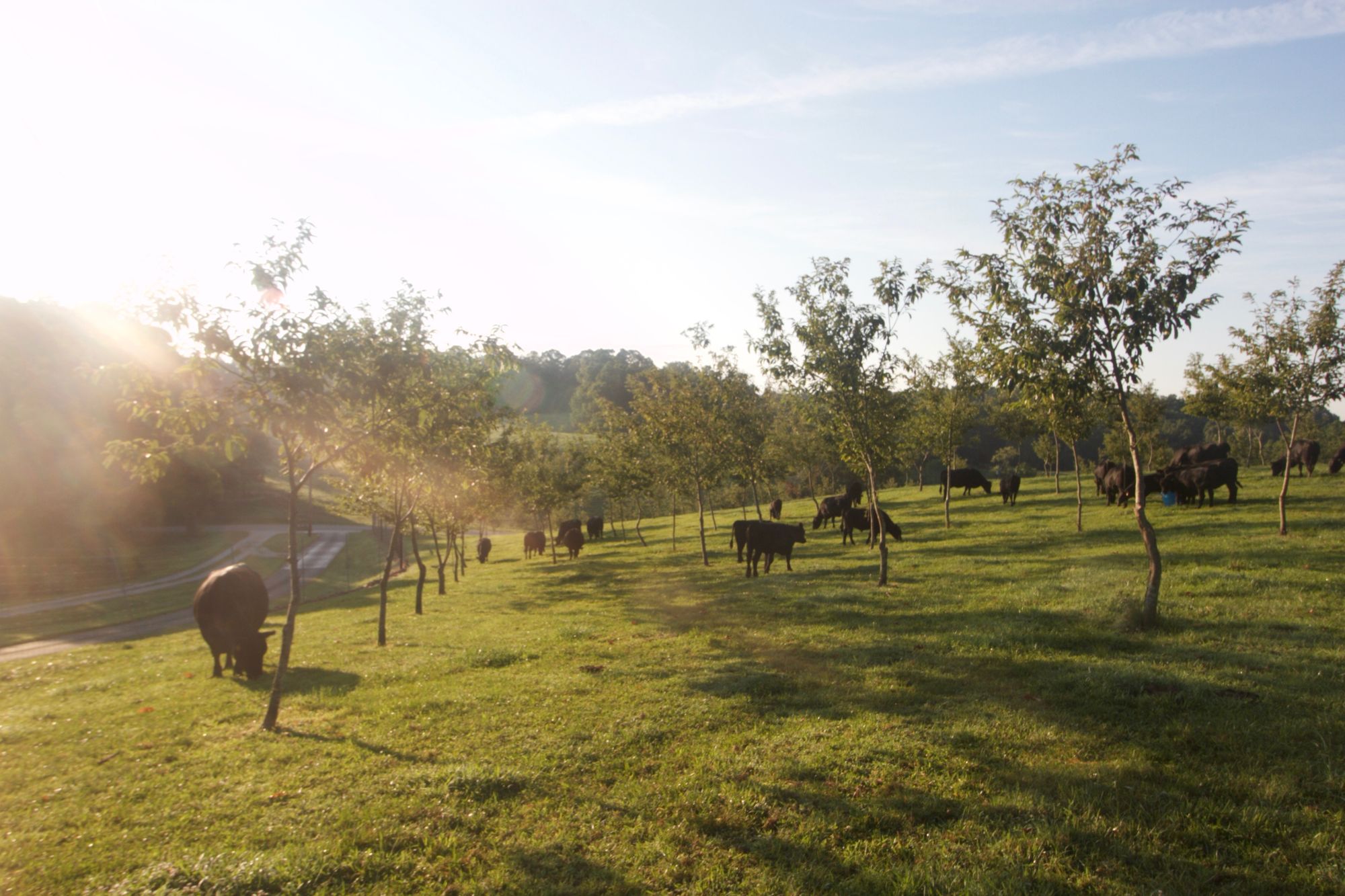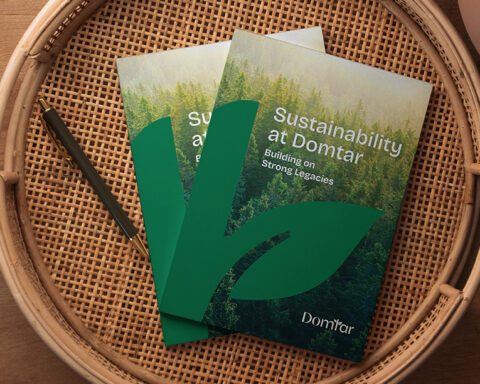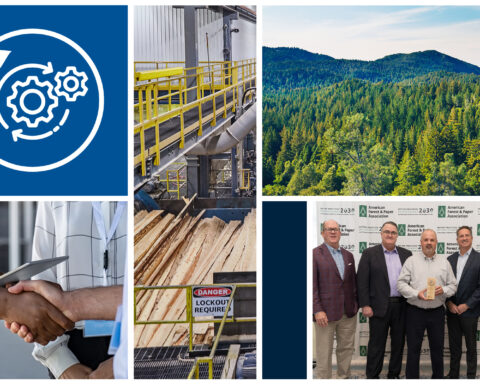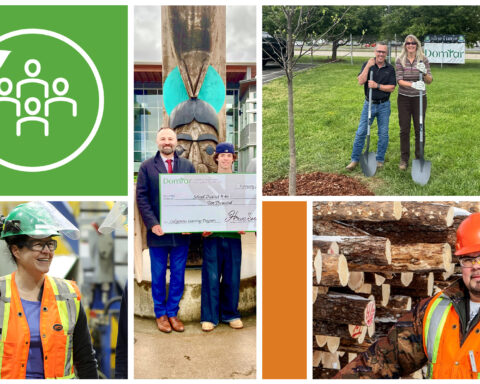In an era marked by a rise in devastating climate events, communities worldwide are grappling with the aftermath of hurricanes, floods, and wildfires. In the United States alone, over 200,000 acres of forest, equivalent to the size of Austin, Texas, burned down due to wildfires in 2023.
These events are becoming more frequent and more extreme, highlighting the pressing need for individuals and corporations to find solutions to deal with the far-reaching impacts of climate change.
In this time of need, the importance of purpose-driven companies, and the Impact Investing ecosystem that enables them to meet the evolving needs of communities and the planet, is evident. It’s why the TELUS Pollinator Fund for Good was created. Launched in 2020 as an extension of TELUS’ global leadership in sustainability and social capitalism, our Pollinator Fund seeks to enable purpose-driven companies with environmental and social solutions to scale up operations and put their ideas into practice, whether by turning waste into useful materials using mushrooms, securing the world’s pollinated food supply with precision beekeeping technology or accelerating reforestation after wildfires using drones.
With an initial commitment of $100 million, we have already invested nearly $40 million into 26 portfolio companies in just two years, as announced in our recently released 2022 Impact Report.
“The Pollinator Fund invests into early-stage, for‐profit companies where impact is baked into the business model. We support tenacious, mission-driven and diverse founders by leveraging TELUS’ broad network”
-Blair Miller, Managing Partner, TELUS Pollinator Fund
Farming among fruit, nut and timber trees

Our Pollinator Fund harbors an unwavering commitment to encouraging the adoption of low-carbon and zero-waste solutions by investing in some of the most innovative, mission-driven startups. Drawing inspiration from nature’s ability to regenerate, it also actively invests in the creation of circular economy solutions and in sustainable food technologies.
Notable investments include Propagate which offers solutions for regenerative land management practices, promoting soil health, biodiversity, and crop yields through agroforestry.
It all started when Ethan Steinberg, Jeremy Kaufmand and Harry Greene decided to improve the agricultural landscape after recognizing a disconnect between the demand for healthy foods and the lack of accessibility of sustainable farming practices.
CEO and co-founder of Propagate, Steinberg and his team help farmers transition acreage to agroforestry. Concretely, this means integrating fruit, nut and timber trees with animal or crop farming systems. Propagate has planted 140,000 trees to date. Focusing on permanent crops in regenerative agriculture increases soil health and food quality and helps create a more robust food system with farms becoming more resilient to environmental issues.
Agroforestry makes farms resilient to climate change and sequesters more carbon. It also boosts profitability, and the trees create new and diversified income streams for farmers.
– Ethan Steinberg, CEO and co-founder of Propagate
With their solutions, Propagate helps farmers decide which trees to plant and where to plant them. Importantly, they also help farmers secure funding as trees take longer to reach maturity and yield financial benefits. Through our investment in Propagate, we want to help scale agroforestry across millions of acres, and farmers are already seeing notable changes including reduced soil erosion, improved growth of beneficial microbes and fungi and increased biodiversity. Farmers are more efficient and use less resources reducing the carbon footprint.
The time to scale up is now. With TELUS support, we’re confident that we can transform millions of acres of farmland and make them more resilient, environmentally friendly and profitable.
– Ethan Steinberg, CEO and co-founder of Propagate
Measuring the impact of trees, drones and mushrooms

The Pollinator Fund also invested in Flash Forest, a Canadian reforestation company leveraging drone-based technology to regenerate post-wildfire areas when they are deemed too unsafe to have individuals plant trees by hand. Given that 2023 is on track for one of the worst years for wildfires on record, the need for efficient reforestation practices is more pressing than ever.
Also included in our 2022 impact report is Mycocycle, a natural solution that trains mushrooms to digest waste at a commercial scale and has diverted 15 tons of CO2e or 30,000 pounds of waste through their front-end treatment process. Through our investment, we are helping Mycocycle scale their operations and capabilities so they can process a wider range of waste materials.
With all these powerful impacts achieved by startups, there is an increased demand from companies like Propagate, Flash Forest and Mycocycle to quantify, measure and communicate their concrete outcomes in a meaningful way.
Startups often grapple with understanding how to best measure and communicate their contributions to reducing carbon emissions and other important social or environmental impacts. They don’t always know how to leverage the impact they create into an advantage when meeting with potential investors.
That’s why we have publicly released the Pollinator Impact Navigation Tool, a proprietary open source tool, to help demystify impact management for early-stage startups, share best practices expansion and amplify their impact.
Mycocycle, Flash Forest and Propagate exemplifies the best practices of integrating impact measurement and management into their business model, where business growth aligns with environmental metrics. As an example, Propagate recognizes the equal importance of reporting the level of carbon sequestered or number of trees planted alongside their traditional financial numbers.
For the Pollinator Fund and Propagate, cultivating a viable business means ensuring that revenue generation and impact go hand in hand, ultimately fostering a sustainable future, one tree and one farm at a time.
***
The TELUS Pollinator Fund for Good is one of the world’s largest corporate social impact funds, and focuses its investments on for-profit companies and founders committed to driving social innovation. While the Pollinator Fund is still early in its journey, it remains steadfast in its commitment to ethical and sustainable impact investing. To date, it has invested nearly $40 million of its initial $100M investment commitment and is generating promising early results with its portfolio companies realizing 155% revenue growth. This is a clear testament of the startups and Pollinator Fund’s ability to deliver financial returns while generating significant and measurable impact for our planet and the people in greatest need.
Mission-driven startups and partners looking for impact investments can contact TELUS here to learn more.







